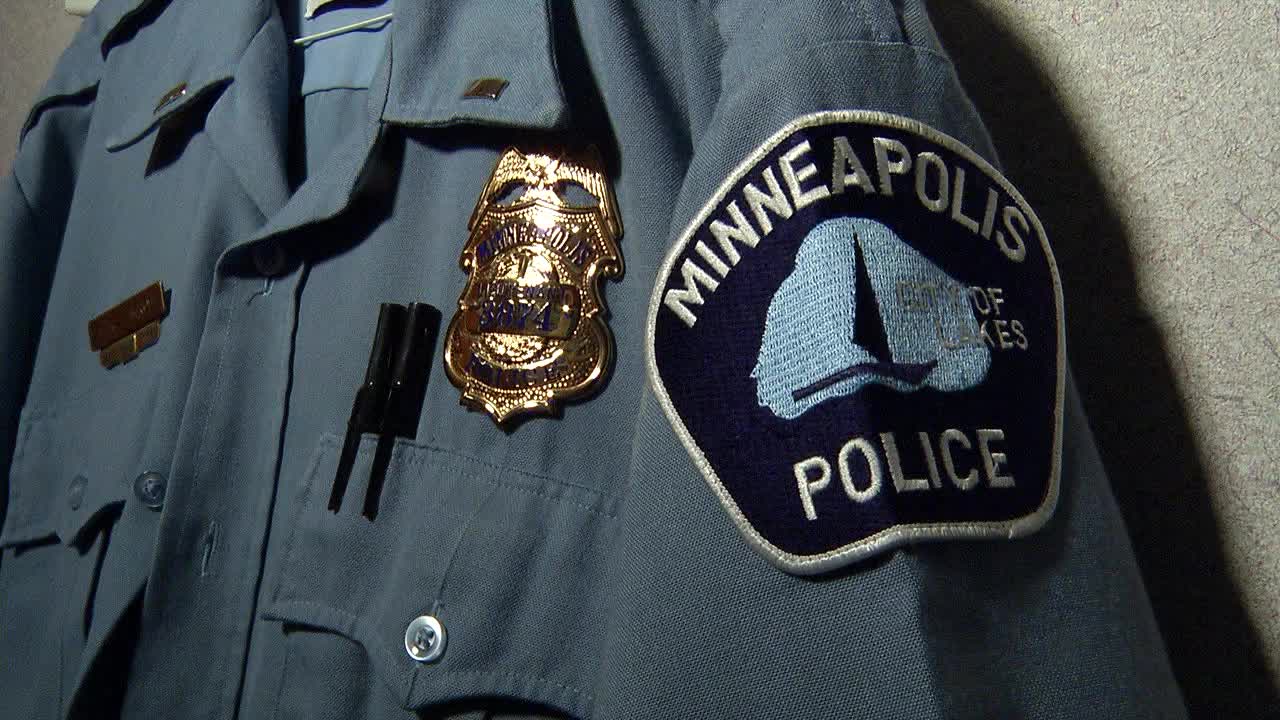NAACP lawsuit claims Minneapolis police spied on its members

(KSTP/file)
The city of Minneapolis is now facing a federal lawsuit that claims city police officers spied on members of the local chapter of the National Association for the Advancement of Colored People (NAACP) for years without any legitimate purpose.
The lawsuit, filed Wednesday morning by the University of Minnesota Law Schools’ Racial Justice Law Clinic (RJLC) on behalf of the NAACP, comes a year after the Minnesota Department of Human Rights released its report that said the city and its police department have a pattern or practice of race discrimination.
Part of that report included a statement that MPD uses covert social media to target Black leaders, Black organizations — including the NAACP — and criticize elected officials without any public safety purpose or any apparent oversight and accountability mechanisms.
“While the Minneapolis Police Department’s surveillance of our membership is not surprising, it is disappointing,” Cynthia Wilson, president of the Minneapolis NAACP, said in a statement Wednesday. “We assumed that our work with MPD on public safety and community matters was being done in good faith. Instead, MPD simultaneously tried to bring us harm. To know MPD surveilled our members is deeply unnerving and upsetting. Their actions violated our trust. MPD needs to be held accountable to prevent this from happening to anyone else.”
Just four weeks ago, the city finalized a consent decree with the Department of Human Rights that provides a framework for significant changes in the police department.
The lawsuit says the police officers’ surveillance of NAACP members violates the members’ First and 14th Amendment rights and discriminates against them.
The lawsuit calls for compensatory relief in an amount to be determined at trial and punitive damages against the involved officers.
“For years, MPD maintained a policy of singling out the NAACP and its members for online surveillance and harassment because of their race and because of their advocacy on behalf of Black community members. This conduct is not only unconstitutional but also eerily reminiscent of past efforts across the country to surveil Black activists and organizations, from the Black Panthers to Black Lives Matter,” Liliana Zaragoza, an associate professor of clinical law and director of the RJLC, said. “Our clients deserve safety, security, and freedom from both police harassment and the fear that they are being watched because of who they are and what they advocate for. The City and officers involved must be held accountable.”
A spokesperson for the city of Minneapolis sent the following statement to 5 EYEWITNESS NEWS:
“The City has not yet been served but is reviewing a copy of the lawsuit. It appears that Plaintiff’s Complaint relies on MDHR’s April 2022 findings report. It is important to note that MDHR’s settlement agreement FAQ page, updated on March 31, 2023, clarifies “What was meant by ‘surveillance’ in the MDHR findings report was that MPD officers used covert social media accounts to ‘follow’ and ‘engage with’ individuals and groups through their social media accounts.” The FAQ also acknowledges that “It is common practice for law enforcement agencies to ‘follow’ and ‘engage with’ individuals and groups through their social media accounts to establish a credible undercover social media profile.” In response to MDHR’s findings, the City has previously stated it does not agree that MPD was using covert social media accounts (or “undercover social media accounts”) to spy on Black people, Black organizations or elected officials.”
City of Minneapolis